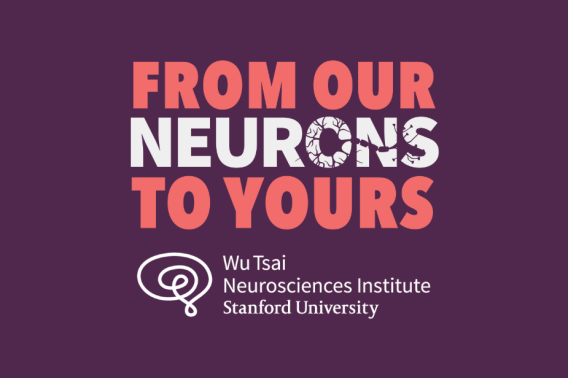Project Summary
Alzheimer’s disease (AD) is the sixth leading cause of death in the United States and there is a tremendous need for improved therapeutic strategies to treat this prevalent neurodegenerative disease. A devastating symptom of AD is progressive memory loss; this particular disease feature has proven difficult to treat. However, research has begun to unravel novel drivers of AD, including the important role the body’s immune system plays in promoting memory loss. Typically, the immune system launches inflammatory responses to counteract pathogens and disease. However, with aging and AD onset, certain inflammatory responses regulated by the immune system further exacerbate disease and contribute to impaired cognition and memory. Therefore, identifying detrimental activities employed by the immune system may uncover effective therapeutic targets for AD and cognitive aging. In turn, our studies will focus on delineating the machinery necessary for immune cells to amplify deleterious inflammation in the body and ultimately in the brain. Using a novel method to target a specific sector of the immune system, we will assess if impeding its associated inflammatory pathways can curb cognitive decline and disease progression. Ultimately, we aim to understand how these inflammatory signals contribute to the memory loss characteristic of aging and AD.
Project Details
Funding Type:
Neurosciences Postdoctoral Scholar Awards (Brain Resilience)
Award Year:
2024
Lead Researcher(s):
Team Members:


